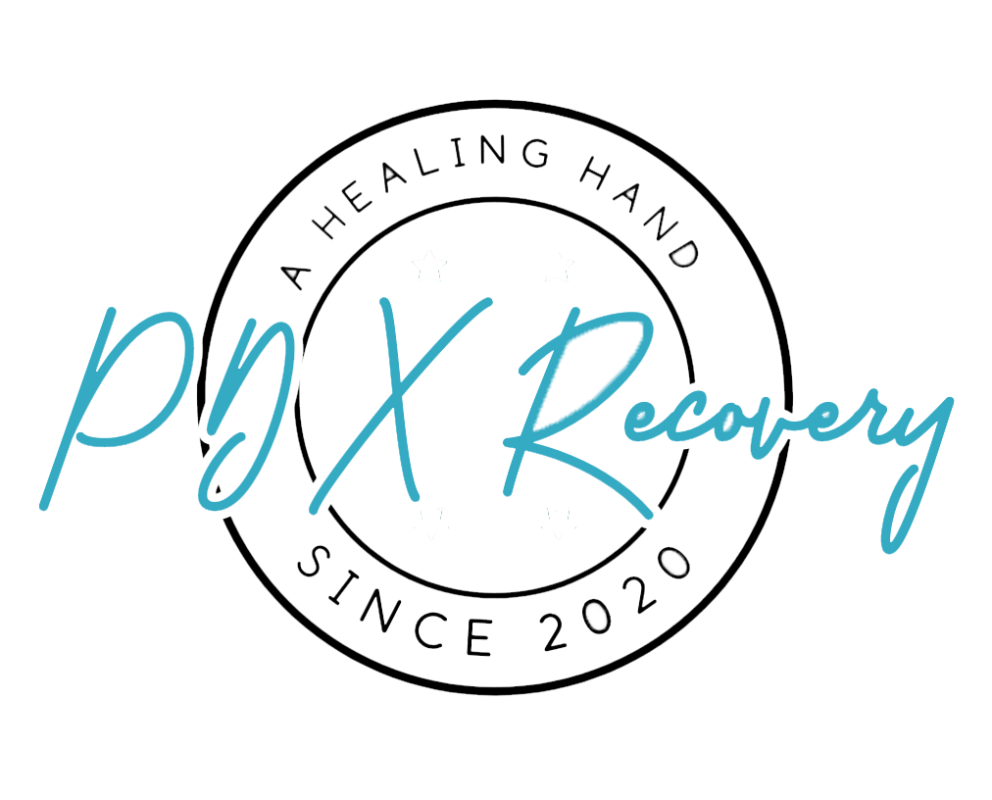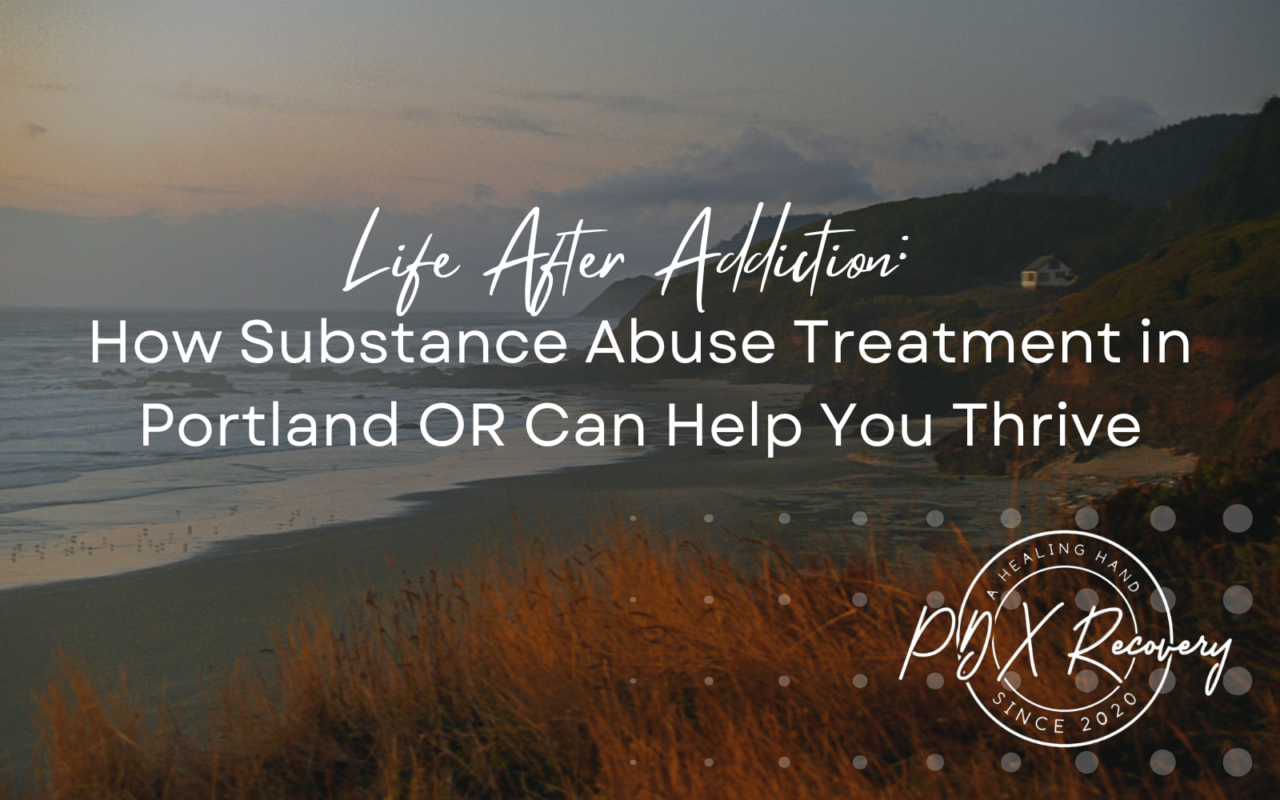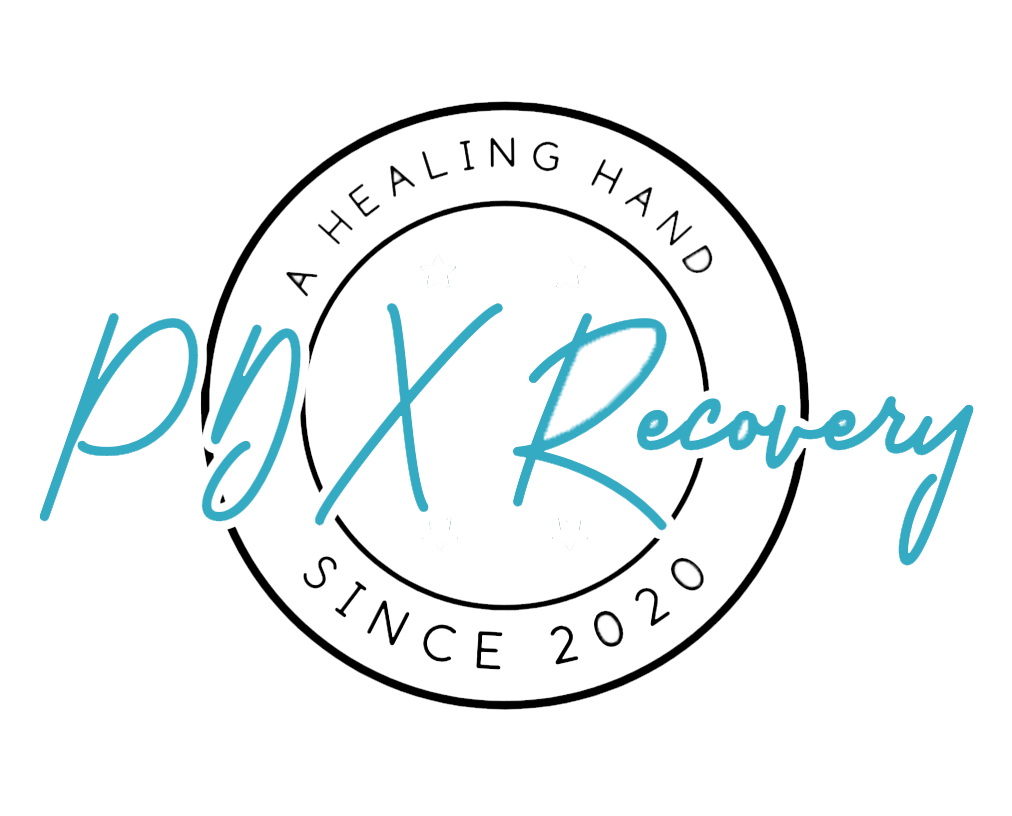Life after addiction is a topic that often goes unnoticed, yet it is critical for understanding the full scope of recovery. Many people assume that completing a substance abuse treatment program is the end of the recovery process, but it is just the beginning. The reality is that the journey to sobriety is a lifelong commitment that requires ongoing effort and support. While the road to sobriety can be challenging, it is also incredibly rewarding, offering individuals a chance to rebuild their lives and relationships. For those in substance abuse treatment in Portland, OR, local treatment centers provide invaluable support and guidance, offering resources such as counseling, support groups, and aftercare programs to help individuals transition to a sober lifestyle and maintain their progress. These centers play a crucial role in the community, providing a safe and supportive environment for those looking to reclaim their lives from addiction.
The Challenges of Life After Addiction
Life after addiction presents several challenges that individuals must face head-on. One of the most significant hurdles is finding new ways to cope with stress and emotions. During active addiction, substances often serve as a means of escaping from emotional pain or stress. Learning healthier coping mechanisms is essential for long-term sobriety. This process may involve exploring various techniques such as cognitive-behavioral strategies, mindfulness practices, and engaging in therapeutic activities that foster emotional resilience.
Rebuilding relationships damaged by addiction can be another daunting task. Trust is easily broken but hard to rebuild. It requires time, effort, and consistent behavior to show loved ones that changes are genuine. Re-establishing these bonds is not only beneficial for emotional support but also crucial for rebuilding a supportive network. Effective communication, honesty, and empathy are vital in repairing these relationships. Seeking family therapy or counseling can facilitate this healing process, providing a safe space for all parties to express their feelings and concerns.
Overcoming triggers and temptations in daily life is a never-ending battle. Whether it’s a particular environment, person, or situation, triggers can lurk around every corner. Recognizing and managing these triggers is crucial for maintaining sobriety. Developing strategies to deal with triggers can prevent relapse and promote a stable recovery. This might involve creating a comprehensive relapse prevention plan, which includes identifying high-risk situations, developing coping strategies, and having a robust support network in place.
For those seeking substance abuse treatment in Portland OR, it’s important to remember that everyone’s recovery journey is unique. While some may struggle with emotional challenges, others may find social reintegration more difficult. Regardless of the specific obstacles, knowing that challenges are a normal part of the process can help individuals stay the course. It’s important to remember that setbacks are not failures but opportunities for growth and learning. Each challenge faced and overcome strengthens one’s commitment to sobriety and builds resilience.
The Benefits of Continuing Support from a Treatment Center
Substance abuse treatment in Portland, OR, offers ongoing support that is indispensable for those in recovery. Continued therapy and counseling are vital for addressing emotional and mental health needs. Regular sessions with a therapist can help individuals understand the root causes of their addiction and develop strategies for managing their emotions. Therapists can also provide valuable insights and tools for dealing with stress, anxiety, and other emotional challenges that may arise during recovery.
Access to support groups and sober activities provides a sense of community and belonging. Building a new social network of like-minded individuals who understand the struggles of addiction can make a significant difference. These groups often organize activities that promote socialization without the risk of exposure to substances, offering a safe space for individuals to connect and grow. Participation in these groups can help individuals build meaningful relationships and create a strong support system, which is crucial for long-term sobriety.
Assistance with finding employment, housing, and other essential resources is another critical service offered by treatment centers. A stable job and living environment can significantly contribute to a successful transition into sober living. Employment not only provides financial stability but also a sense of purpose and routine, which are crucial for maintaining sobriety. Treatment centers often provide vocational training, job placement services, and housing assistance to support individuals in building a stable and fulfilling life after addiction.
Strategies for Maintaining Sobriety
Maintaining sobriety in everyday life requires a proactive approach. Developing healthy coping mechanisms such as exercise, mindfulness, or hobbies can provide alternatives to substance use. Activities like yoga, meditation, and crafts can help reduce stress and cravings. Engaging in physical activities can also release endorphins, improving mood and overall well-being. Regular physical activity can enhance mental health, reduce anxiety and depression, and provide a healthy outlet for stress.
Building a strong support network is essential. Surrounding oneself with sober friends and family members can provide the encouragement needed to stay on track. Positive influences can help individuals make better choices and avoid situations that may lead to relapse. It’s important to communicate openly with your support network about your needs and challenges. Regular check-ins and spending quality time with supportive individuals can reinforce sobriety and provide a sense of connection and belonging.
Regularly attending therapy or support group meetings can provide ongoing professional guidance and peer support. These meetings offer a safe space to share experiences, challenges, and successes, making the recovery process less isolating. Peer support groups can also provide practical advice and encouragement from those who have walked a similar path. Engaging with these groups can foster a sense of community and provide valuable insights into managing daily challenges and maintaining long-term sobriety.
Developing a structured daily routine can also be beneficial. Establishing a routine helps create stability and predictability, reducing the likelihood of encountering high-risk situations. Incorporating regular activities that promote physical, emotional, and mental well-being into the daily schedule can support a balanced and healthy lifestyle. This routine might include regular meals, exercise, leisure activities, and time for reflection and relaxation.
For those seeking substance abuse treatment in Portland OR, it’s important to find a program that provides comprehensive care and support tailored to individual needs.
The Importance of Self-Care
Self-care is a crucial aspect of life after addiction. Prioritizing physical, emotional, and mental well-being can make the recovery process more manageable. Simple practices like healthy eating, regular exercise, and setting boundaries can go a long way in maintaining overall health. Taking care of your body can improve your energy levels, mood, and resilience against stress. Adequate sleep, proper nutrition, and regular physical activity are fundamental components of self-care that support overall well-being.
Engaging in activities that promote self-care can also help individuals reconnect with themselves. Whether it’s taking a walk in nature, reading a good book, or spending time with loved ones, small acts of self-kindness can have a significant impact. Self-care activities can also serve as positive distractions from cravings and triggers. Practicing mindfulness and relaxation techniques, such as meditation or deep breathing exercises, can help reduce stress and enhance emotional regulation.
Exploring new hobbies and interests can also be a form of self-care. Finding activities that bring joy and satisfaction can provide a sense of purpose and fulfillment. Whether it’s painting, gardening, cooking, or any other creative pursuit, engaging in activities that you enjoy can enhance your quality of life and support your recovery journey.
If you are seeking substance abuse treatment in Portland OR, incorporating these self-care strategies can be a vital component of your recovery plan.

Overcoming Stigma and Rebuilding Relationships
Addiction often comes with judgment and stigma, making the recovery process even more challenging. Self-forgiveness and letting go of shame are essential steps in overcoming this stigma. It’s important to remember that addiction is a disease, not a moral failing. Embracing this perspective can help individuals focus on their recovery without being weighed down by guilt. Educating oneself and others about the nature of addiction can also help reduce stigma and promote understanding and empathy.
Rebuilding relationships involves addressing past mistakes and making amends where possible. Open and honest communication can help repair the damage caused by addiction. It’s a gradual process that requires patience and persistence. Being transparent about your journey and showing consistent positive behavior can rebuild trust over time. Seeking the help of a counselor or therapist can provide guidance and support in navigating these complex dynamics and fostering healthy, constructive relationships.
Re-establishing relationships with family members and friends can provide a valuable support network. It’s important to recognize that rebuilding trust takes time and consistent effort. Demonstrating commitment to recovery through actions, such as staying sober, attending support meetings, and making positive lifestyle changes, can help repair and strengthen these bonds. Building new, healthy relationships within the recovery community can also provide additional support and encouragement.
For those seeking substance abuse treatment in Portland OR, there are numerous resources available to help individuals overcome addiction and rebuild their lives.
Finding Purpose and Meaning in Life After Addiction
Finding a new sense of purpose and meaning is vital for long-term sobriety. Sobriety opens up opportunities to pursue passions, set goals, and make positive contributions to society. Whether it’s volunteering, starting a new hobby, or furthering one’s education, finding meaningful activities can enrich life after addiction. Setting and achieving goals can provide a sense of accomplishment and direction. Goal setting can be both short-term and long-term, providing immediate motivation and a vision for the future.
Engaging in volunteer work or community service can also provide a sense of fulfillment and connection. Helping others can boost self-esteem and provide a sense of purpose. It can also offer opportunities to build new skills and meet like-minded individuals. Volunteering in areas that align with personal interests and values can be particularly rewarding and provide a sense of contribution and belonging.
Furthering education or pursuing new career opportunities can also be a meaningful aspect of life after addiction. Continuing education can provide new skills and knowledge, opening doors to new career paths and personal growth. Pursuing a career that aligns with personal interests and values can provide a sense of purpose and satisfaction, contributing to long-term sobriety and overall well-being.
For those seeking substance abuse treatment in Portland OR, finding purpose and meaning in life after addiction is an achievable and rewarding journey.
The Role of PDX Recovery in Your Journey
At PDX Recovery, our addiction treatment center provides a safe and supportive space for individuals to heal and recover from addiction and mental health challenges. Our treatment options cater to those needing and not needing round-the-clock care. We also help those seeking support while managing their daily responsibilities. We understand the demands of working professionals and offer a solution that allows them to maintain their job while addressing addiction or mental health concerns.
Our approach to treatment focuses on holistic healing, nurturing the body, mind, and spirit to foster positive behavior changes within individuals and families. We create a secure and respectful environment that honors each person’s unique journey. Our programs go beyond addressing addiction by tackling underlying issues that may have fueled substance abuse.
At PDX Recovery, we take a client-centered approach, integrating complementary therapies like massage and acupuncture to promote balance. As a trusted provider of evidence-based treatments, we are dedicated to supporting individuals in their recovery journey. Our center is a place where you can feel supported, understood, and guided towards lasting recovery. For those seeking substance abuse treatment in Portland OR, join us at PDX Recovery to begin your journey towards freedom and healing.
Reclaiming Your Future After Addiction
Discussing life after addiction is crucial for understanding that recovery is a continuous process. Substance abuse treatment in Portland OR, offers the support and resources needed for a successful transition into sober living. By addressing challenges, utilizing ongoing support, and focusing on self-care, individuals can thrive in their recovery.
Recovery is a lifelong journey filled with growth, healing, and newfound happiness. With the right support and tools, individuals can not only maintain their sobriety but also lead fulfilling, meaningful lives. Don’t hesitate to reach out for help and continue working towards a brighter, substance-free future. Remember, every step forward, no matter how small, is a step towards a healthier and happier life. Embracing the journey with courage, resilience, and a positive outlook can transform the challenges of recovery into opportunities for growth and fulfillment. Join PDX Recovery and take the first step towards a new life of freedom, health, and happiness. For more information visit our website at https://pdx-recovery.com/ or call us at (971) 256-9087.






